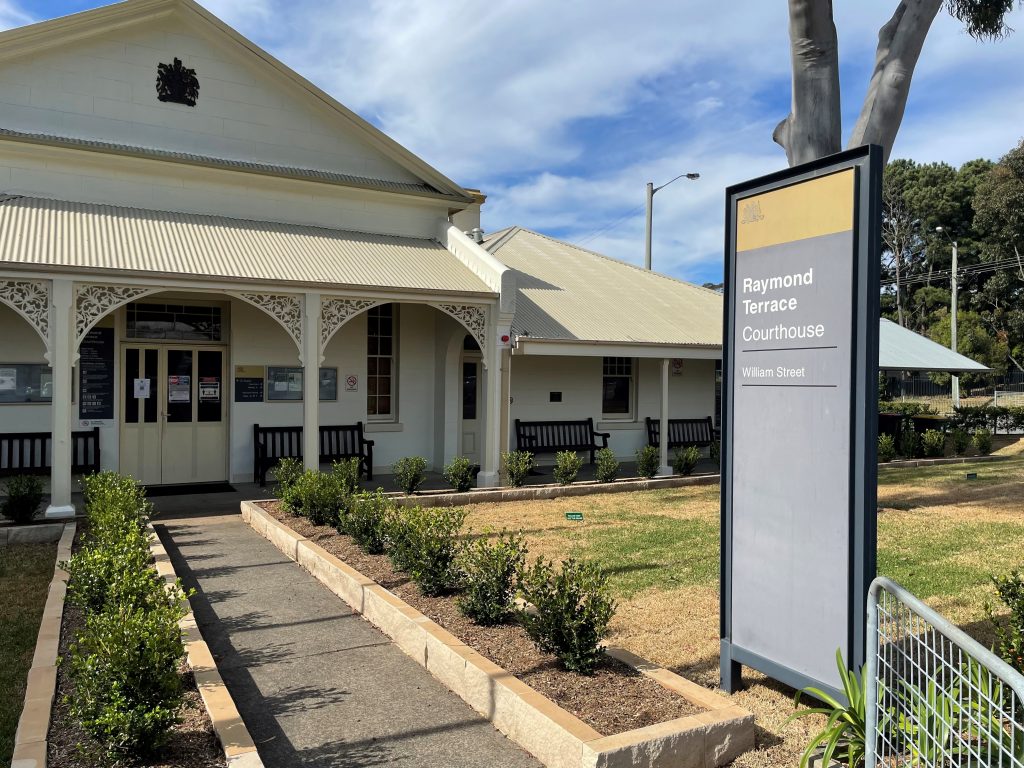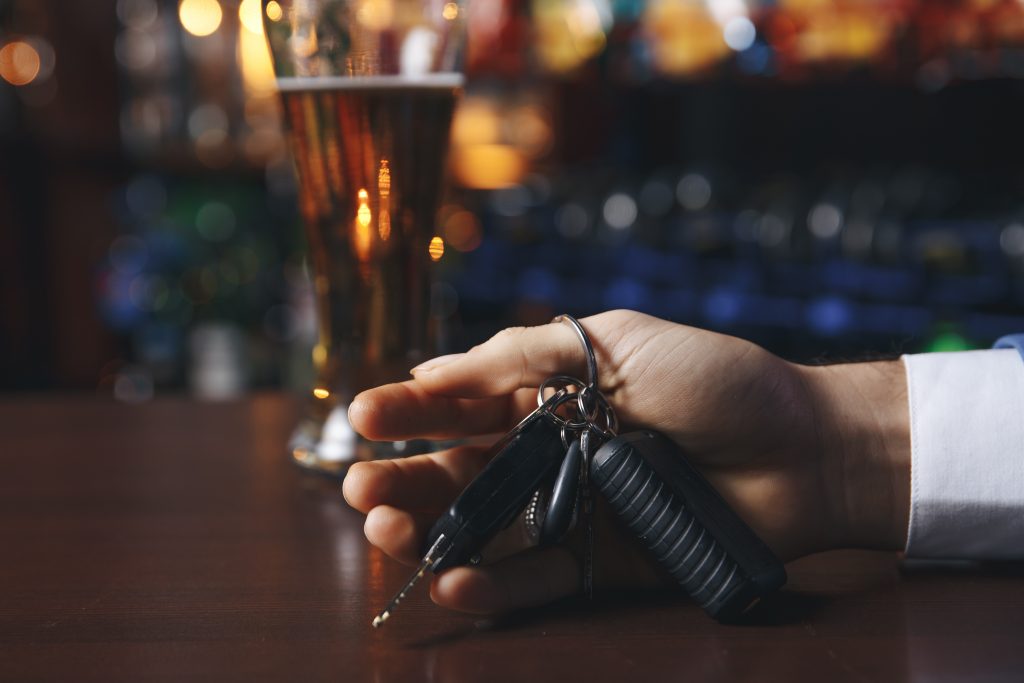How do I contact someone who is in jail?
How do I contact someone who is in jail?
When a loved one goes into custody, either after being refused bail by police, or after sentencing, it can cause a lot of stress and worry. There will be some time required for processing, but here are the steps you can take in the meantime to contact someone who is in jail as soon as possible.
Firstly, you will need to contact the administration branch of Corrective Services. Their phone number is (02) 8346 1000. You will need to ask for two pieces of information:
- You will need to ask them for your loved ones “MIN number”. The Master Index Number (MIN) is a unique number given to everyone who enters custody. The MIN number remains the same each time a person goes into custody.
- You will need to ask which jail the person is located at.
Corrective Services will need to do some identification checks prior to providing you with this information. It is important to note that the information that can be disclosed about an inmate is restricted under the Privacy and Personal Information Act 1998 and the Crimes (Administration of Sentences) Act 1999.
It is also important to note that if your loved one has not yet been processed into custody, you will usually not be able to have any contact with them. Processing can often take 24 to 48 hours.
In addition to this, Corrective Services will not be able to disclose where an inmate is being transferred to, if they are currently in transit. For example, if your loved one is being transferred to a new jail, you will not be informed which jail they will be taken to until they are processed into the new facility.
How do I book in a call or visit someone in jail?
Once you have found out which jail your loved one is in, you should contact the jail directly. They will be able to provide you with information on how to book a call or visit. They may even allow you to book a video call, if you are not able to attend the jail to see your loved one in person.
You should also ask the jail about obtaining a visitor index number (VIN). You will be unable to visit a correctional centre if you do not have a VIN number.
Can they make calls from jail to me?
Yes, an inmate is able to make calls using the Offender Telephone System to family, friends and legal representatives.
They will be allowed to include up to 10 telephone numbers on their log to contact family friends. Personal calls made by an inmate are limited to 6 minutes.
In addition, they will be able to include 3 legal phone numbers to contact their lawyer/legal representative.
How do I send my loved one money while they are in jail?
You are able to deposit money into an inmates account with Corrective Services. This will allow them to make phone calls, and purchase items such as toiletries and newspapers.
As at August 2023, the maximum amount allowed to be deposited in an inmates account is $800 per month.
For more information on how to deposit money, view the Corrective Services NSW website.
How do I arrange legal representation?
If your loved one requires legal advice or representation, we are here to help. Our specialist criminal lawyers can provide advice on bail applications, the charges and the court process. Visit our About Us page or call us now for a free 15 minute consultation on 0421 700 497.
How do I contact someone who is in jail? Read More »











